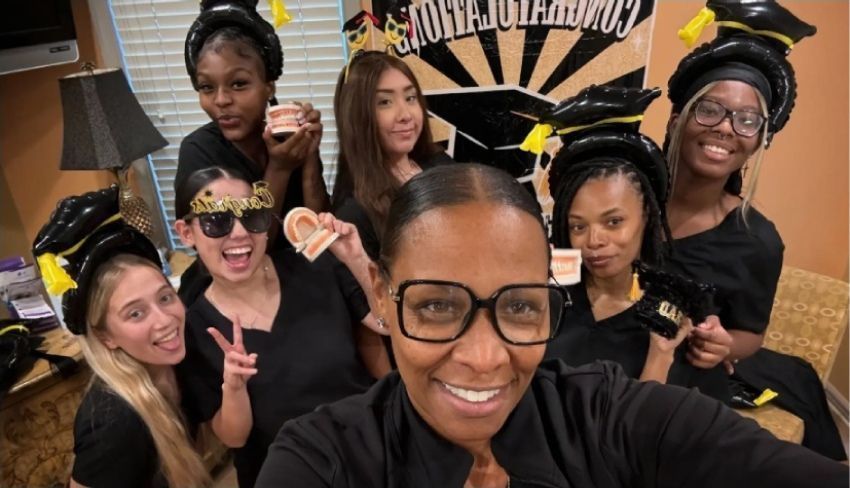What Personal Skills Do You Need to Be a Good Dental Assistant?
Dental assisting is equal parts science, service, and empathy. While the technical skills are essential, what truly distinguishes an excellent dental assistant are the personal qualities they bring to the role. The Dalton Dental Assistant School helps students cultivate these traits alongside clinical training, ensuring they’re ready for both the human and technical sides of patient care.
Core Personal Skills That Define Success
Empathy and Compassion
Every dental assistant interacts directly with patients—many of whom feel nervous or self-conscious. Compassion and empathy transform the experience, helping patients feel safe and respected.
Communication Skills
Dental assistants serve as the bridge between patients and dentists. Clear, positive communication avoids misunderstandings and improves teamwork.
Attention to Detail
From charting to sterilization, precision is crucial. A small error can disrupt workflow or compromise safety. Strong attention to detail ensures smooth operations.
Adaptability
Each day brings new patients, procedures, and surprises. Flexibility allows assistants to stay calm and productive under pressure.
Teamwork
Dentistry is collaborative. Being dependable, respectful, and supportive builds trust within the team and strengthens patient outcomes.
Organization
Assistants must juggle multiple tasks—setting up treatment rooms, managing instruments, and keeping track of materials. Organized habits make the workday efficient and less stressful.
Positive Attitude
A friendly demeanor and steady energy can turn even anxious patients into loyal ones. Offices thrive on positivity.
How Dalton Dental Assistant School Builds These Skills
Students at Dalton Dental Assistant School complete a 12-week hybrid program blending online instruction with in-office labs and externships. This structure develops personal strengths in real time: students communicate with patients, work in teams, and experience the professional environment before graduation.
The Program Manager explains:
“We teach our students to handle patients with empathy and professionalism. Skill can be taught, but attitude and heart make the difference.”
Chris Lofton agrees:
“Dental assisting is a people-first profession. We train compassionate professionals, not just technicians.”
Lifelong Benefits of These Traits
These personal skills not only create career success but also support long-term growth. Many graduates apply them to leadership roles, management, or even education. Confidence, patience, and kindness remain valuable no matter where life takes you.
Dalton Dental Assistant School graduates leave not only with technical knowledge but with the interpersonal foundation that keeps patients smiling—and teams thriving.
You're 12 weeks from the dental assistant career you deserve.
